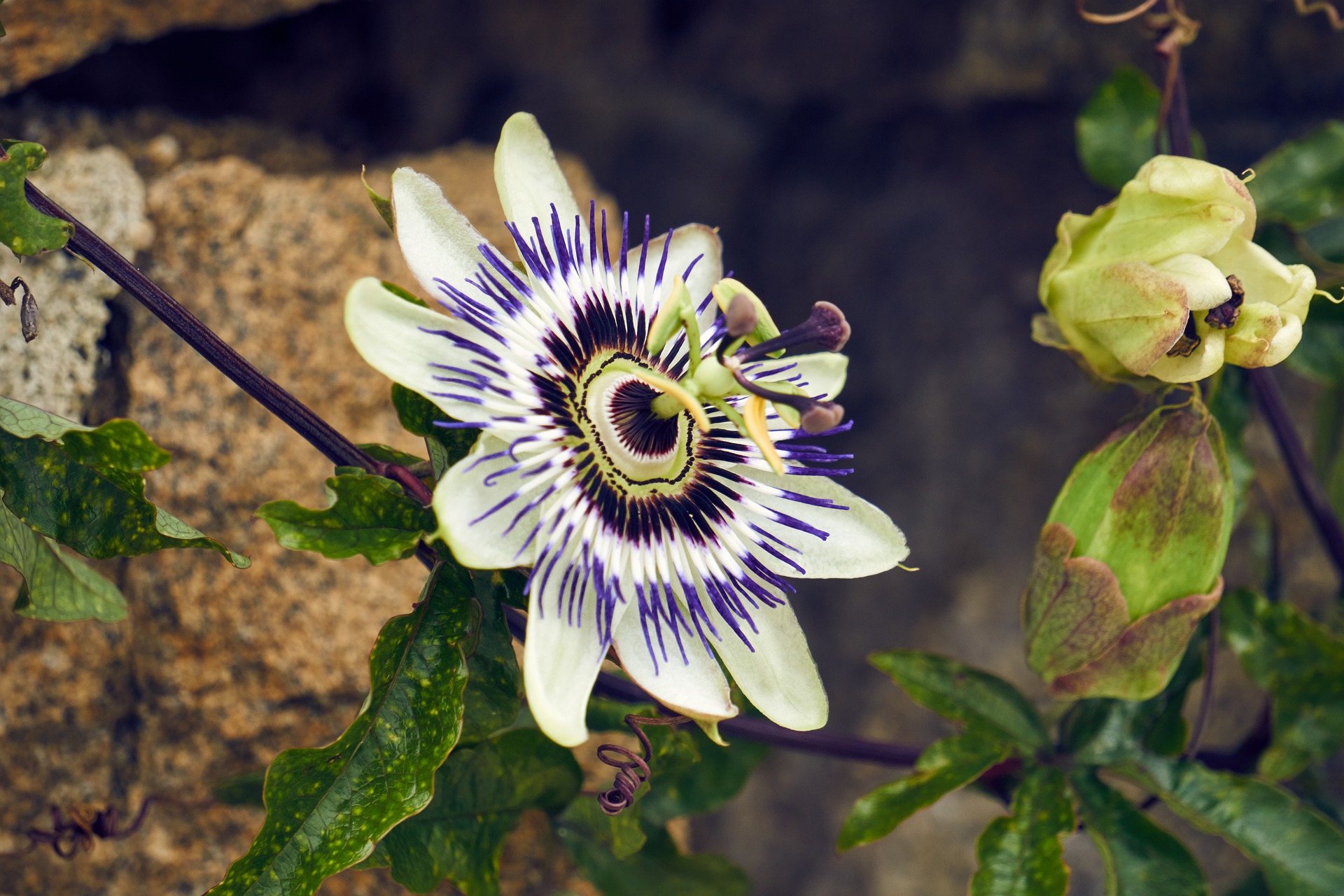 Passionflower (Passiflora incarnata) in a traditional herb used for its central nervous system effects. Studies suggests that it may have a number of mood elevating effects. For example, in one study, researchers investigated the antidepressant effects of passionflower on mice exposed to experimental stress. Mice were administered either the selective serotonin reuptake inhibitor antidepressant drug fluoxetine, the tricyclic antidepressant drug imipramine, or an extract of passionflower. The results of the study showed that the passionflower extracts caused significant antidepressant effects in the mice, compared to the control. In some experimental conditions, the passionflower compared favourably to both the fluoxetine and the imipramine, although there was considerable variation between the effectiveness of the various treatments depending on the particular test performed. However, taken as a whole, these results suggest that passionflower may be an effective treatment for anxiety.
Passionflower (Passiflora incarnata) in a traditional herb used for its central nervous system effects. Studies suggests that it may have a number of mood elevating effects. For example, in one study, researchers investigated the antidepressant effects of passionflower on mice exposed to experimental stress. Mice were administered either the selective serotonin reuptake inhibitor antidepressant drug fluoxetine, the tricyclic antidepressant drug imipramine, or an extract of passionflower. The results of the study showed that the passionflower extracts caused significant antidepressant effects in the mice, compared to the control. In some experimental conditions, the passionflower compared favourably to both the fluoxetine and the imipramine, although there was considerable variation between the effectiveness of the various treatments depending on the particular test performed. However, taken as a whole, these results suggest that passionflower may be an effective treatment for anxiety.

In mice, passiflora actinia extracts has been evidenced to cause anxiolytic effects, which are blocked by drugs which inhibit the GABAA receptor. This is evidence that phytochemicals within passionflower may exert their effects by acting on the GABAA receptor, which would explain the sedative and anxiolytic effect. Some evidence suggests that at lower doses, passionflower extracts may have anxiolytic effects whereas at higher doses it may have sedative effects. Therefore both Passiflora incarnata and Passiflora actinia may both possess mood elevating effects through interaction with the central nervous system.
The antidepressant effects of passionflower are likely due to the phytochemicals it contains. Analysis of passionflower have shown that it contains a number of important phytochemical groups. These include a total alkaloid content of 100 to 900 parts per million, and a total flavonoid content of 1.2 to 3.9 %. Of the flavonoids and alkaloids in passionflower, 26 chemicals identified from the herb fall into these two categories (20 flavonoids and 6 alkaloids). The sedative effects of passionflower may be due to the presence of alkaloids in the tissues, and in particular, harmane, harmaline and harmol, have been evidenced to cause sedations in animals. The flavonoids including apigenin, chrysin, luteolin and scopoletin may also be able to cause sedation and so could contribute to this effect. One possibility is that these chemicals interact with the GABAA receptor in the brain and this causes a generally inhibitory effect on brain activity. However, there may also be other mechanisms of action.
Eat Well, Stay Healthy, Protect Yourself
RdB
